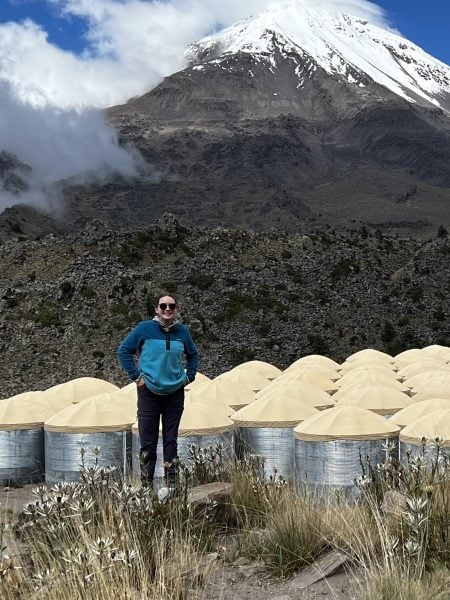Registration is now open for Spring 2015 Safe Place training.
The Michigan Tech Safe Place Program is a comprehensive resource to better prepare faculty and staff to address the needs of students who identify as gay, lesbian, bisexual, transgender, queer, questioning, intersex, and/or asexual (GLBTQIA). The program addresses a wide range of terms that GLBTQIA students use to define their identities, issues that GLBTQIA students often deal with during the coming out process, and concerns that GLBTQIA students face both in and out of the classroom. Safe Place training also addresses the many ways faculty and staff can create inclusive classrooms and office environments as well as provide information to participants about how GLBTQIA identified students can report harassment and the various other on and off campus resources they can use. For times and dates of training, as well as additional information about the Safe Place program, visit the website.
Originally posted in Tech Today (1/6/2015)
